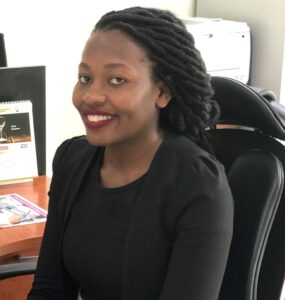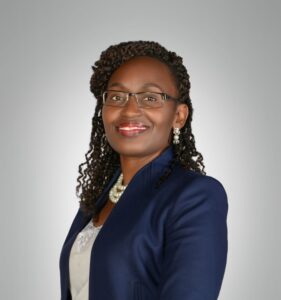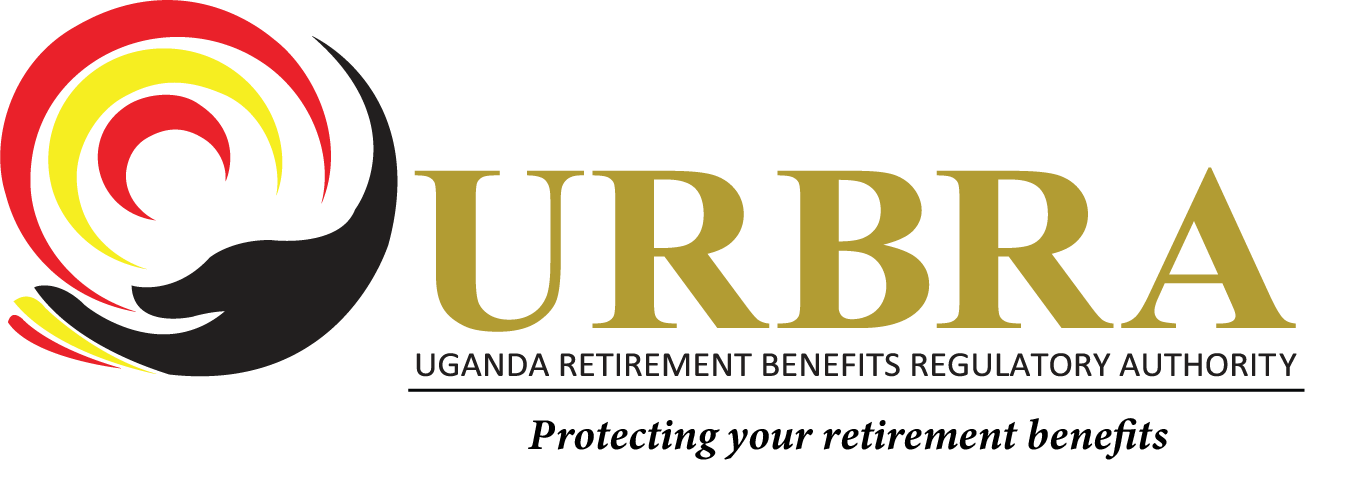TO ATTAIN FINANCIAL INDEPENDENCE IN RETIREMENT, SET GOALS, SAVE, INVEST AND AIM TO BE DEBT-FREE

Sharon Namirembe
Communication Dept
Three years ago, Lilian Katiso retired from her full-time job to focus on her own business. She would have liked to stay on, but the circumstances had changed and suddenly, she had to retire – or redeploy herself as she prefers to call it. Thankfully, Lilian had developed a retirement plan seven years prior. Her determination to develop a retirement plan was a result of a training she had attended, where one of the exercises was to write one’s broad goals attainable in five years. By some stroke of foresight, she had put great thought in the exercise and developed her five-year goals, only waiting to be implemented.

Indeed, five years after committing her goals to paper, she was called by her CEO, who delivered the news that owing to funding constraints, her employment would cease in three months’ time. While the news was harsh, it didn’t hit her so hard mainly because she had a plan already. Lilian had by that time established two companies – Zaddock Associates, a financial management consultancy firm; Maua & More a garden centre which deals in unique and exotic potted plants and garden accessories. What do we learn from Lilian’s story?
In Lilian’s philosophy, planning makes all the difference. What you want to do for retirement; how you plan to spend your time; which activities you get involved in…all boils down to how well you plan.
As part of the webinar series to mark financial awareness month, Lilian shared her experience, with a view to inspire participants to start planning and saving for retirement early enough. She shared a number of principles that can be adopted and applied by nearly anyone – no matter what they do for a living.
In the event that your current source of income dried up, how long would you survive on your savings? The answer can be gleaned from Lilian’s own experience. When she got the news of the termination of her contract, Lilian wasn’t stressed because she had been saving for over five years. Hence, she had enough savings to keep her going and to enable her set up her own company. You may never know how soon your job will end, so I is better to prepare for the likelihood. It is very important to know how you will survive and whether you have adequate retirement savings.
Envision your financial goals; begin with the end in mind: Start with a clear understanding of your destination and narrow it down to goal setting. Where do you see yourself in retirement and what are your financial goals? Don’t wait for dire circumstances to arise, start early. It is often said that when goals written down, they are 75% achievable. Written goals become your compass, guiding you to your destination.
Have a budget: A budget is telling your money where to go rather than wonder where it went. It directs your expenditure. Depending on your lifestyle, write all your expenses, including savings and entertainment. If your level of expenditure is not matching your income, make plans to cap the expenses. Expenses should not go beyond your income.
It is also important to have three months’ worth of income of set aside in a readily accessible account. There is a tendency to invest in assets that can’t be quickly liquidated, limiting one’s ability to address immediate needs. Take the example of the Covid19 situation. Many people had assets, but they lacked cashflow, and they suffered greatly under lockdown conditions. Thus your emergency fund must have readily accessible cash, everything in excess of that should be invested.
Make your money work for you by investing it: Savings do not grow money; they only help you pool money for planned investments. Saving is setting aside money that you don’t want to spend now. It is money you set aside for emergencies or for a future purchase. Its money you want to be able to access quickly with little risk and with the least amount of taxes. On the other hand, investing is buying assets such as stocks, bonds, real estate with the expectation that your investment will make money for you. Do not put all your eggs in one basket; have more than one investment basket. Invest while you are still young. As a young person you have time to rise up should you make investment mistakes. It is also important to take advantage and recognize your season of plenty to prepare for your time of hunger.
Realign your investment portfolio so that you are not highly invested in risky areas. Put some of your investment in low-risk areas like real estate. For example, you may put 50%-60% investment in real estate and fixed deposits which have low risk and low return; you may put 30% to 40% in medium risk investments like financial instruments like treasury bills, bonds, mutual funds and unit trusts; you may also allocate 10 % to 15% in high-risk investments like business or equity.
Manage your debt: You can only increase your net worth by managing your liabilities and debt. Good debt can build you wealth and bad debt can ruin your life. Dig yourself out of debt before you retire. You don’t want to go retirement burdened with debt. Consider having a debt repayment sheet to schedule your debt payments. The main goal is to go in retirement debt-free.
Multiply revenue streams: It important to diversify your revenue streams so that in case one stream dries up you have another one. Increase your ability to earn by improving your skills or learning new ones. Everyone needs multiple streams and there are a variety to pick from – for example earned income, dividend income, interest income, profit, capital gains, royalty income, residual income. With the gig economy today, it is possible to get extra income. Ensure that you utilize your after-work hours and aim to have at least three to five income streams.
Turn your passion into profit: The beauty of having a business derived out of passion is that you never retire. Therefore, it is very important start a business that resonates with your purpose of living. You will always be motivated to strive more and do better for your business because it’s something you are passionate about.
In conclusion, the advice of Jim Rohn applies to anyone who hopes to enjoy a happy retirement characterize by financial independence: “turn part of your income into capital; turn capital into enterprise; turn enterprise into profit; turn profit into investment; turn investment into financial independence.”
Start from wherever you are, with whatever you’ve got.



